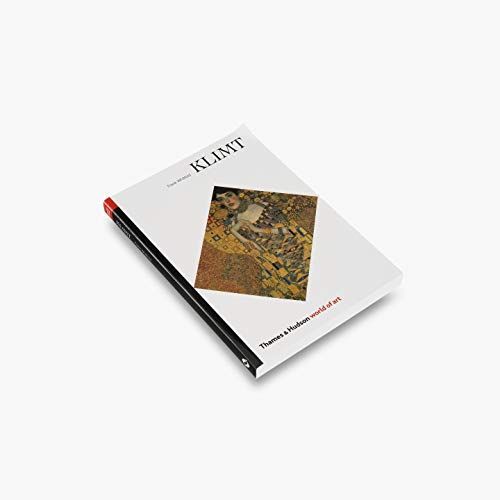
Klimt
Gustav Klimt's work brilliantly negotiates the borders between the traditional and the modern, the figurative and non-figurative. His subtly erotic portraits, richly patterned landscapes and enigmatic allegorical compositions are at once sensuous and refined, while his extravagant, ornamental style verges on abstraction. Obliged to go his own way when he was denied public commissions, Klimt became the leader of the modernists in Vienna, perhaps the greatest portraitist of his age, a landscape painter of dazzling originality and, above all, the creator of extraordinary decorative schemes. Frank Whitford examines the artist's work against the background of his time - the tragic final years of the Austro-Hungarian Empire. In the light shed by political and cultural history, Klimt's paintings and personality emerge with new clarity.